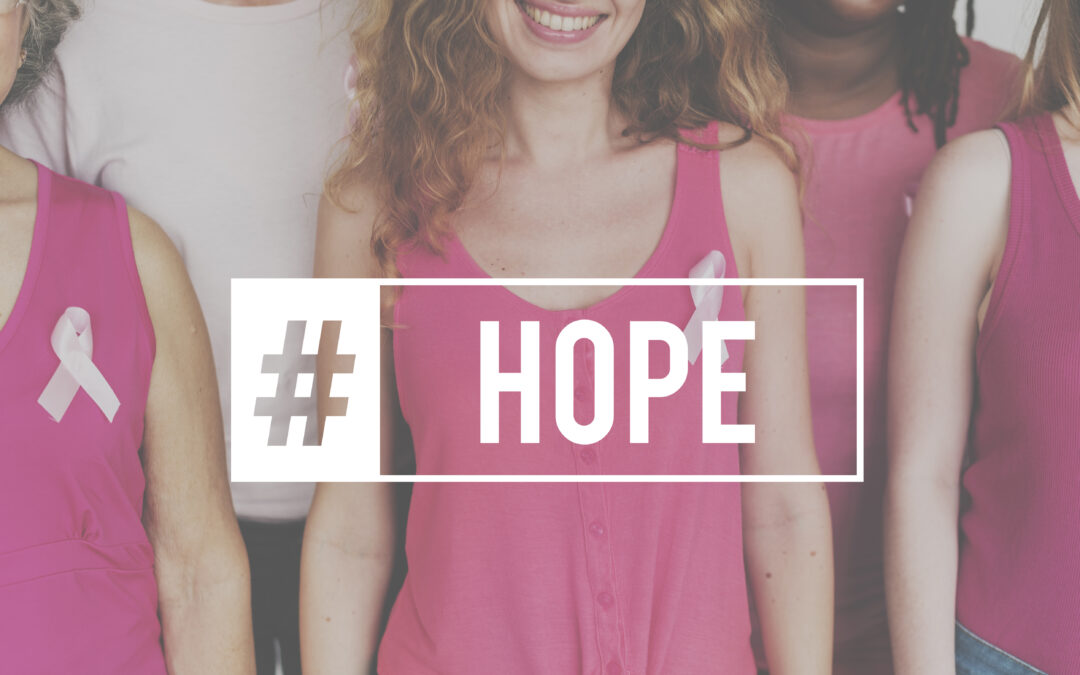Statistics and awareness efforts frequently take center stage when discussing breast cancer. Every statistic, however, represents a person being—a mother, sister, daughter, or friend—whose life story has the capacity to inspire, heal, and change our perception of this illness. Survivor stories serve as more than just accounts of hardship; they serve as a reminder of resiliency and that fear can be transformed into hope with the right support, care, and early discovery.
Why Survivor Stories Matter
Breast cancer can seem like a far-off or major threat to many women. Survivors’ stories make the illness seem real but manageable. These tales dispel cultural silence, stigma, and denial around women’s health.
-
Hope in Adversity: Breast cancer survivors demonstrate that the disease is not always fatal and may be conquered.
-
Breaking Stigma: Survivors who speak up make it acceptable to have an open conversation about breast health in societies where it is taboo.
-
Encouragement to Take Action: A personal narrative frequently has a greater impact on mammograms than a hundred posters.
Real Voices, Real Impact
Think of a young mother who, out of dread, put off getting checked out after seeing a lump. She eventually sought medical attention when friends encouraged her to do so, and she was able to detect the cancer early. She shares her tale now to encourage other women by saying, “If I can do it, so can you.” Or the grandmother who, until her early-stage detection spared her life and allowed her to watch her grandkids grow up, believed screening was useless at her age. These voices have a strong resonance, particularly in societies where trust, family, and community influence health discussions.
Turning Stories into Social Change
Survivor stories can be effectively included into awareness campaigns in the following ways:
-
Media Platforms: By elevating survivor voices, TV dramas, morning shows, and social media may normalize the discussion of breast health.
-
Support Circles: Newly diagnosed women receive emotional support and useful advice from community groups where survivors serve as mentors.
-
Campaign Ambassadors: Using survivors as spokespersons gives campaigns intensity and genuineness, which helps people relate to the message.
A Call to Action for All of Us
Making a difference doesn’t need you to be a survivor. A potent act of love is to listen, share stories, and support the women in your life while they conduct screenings and self-examinations. Every story told is a ray of hope that can spur action, save lives, and build a future in which breast cancer is identified early, treated successfully, and discussed openly.


